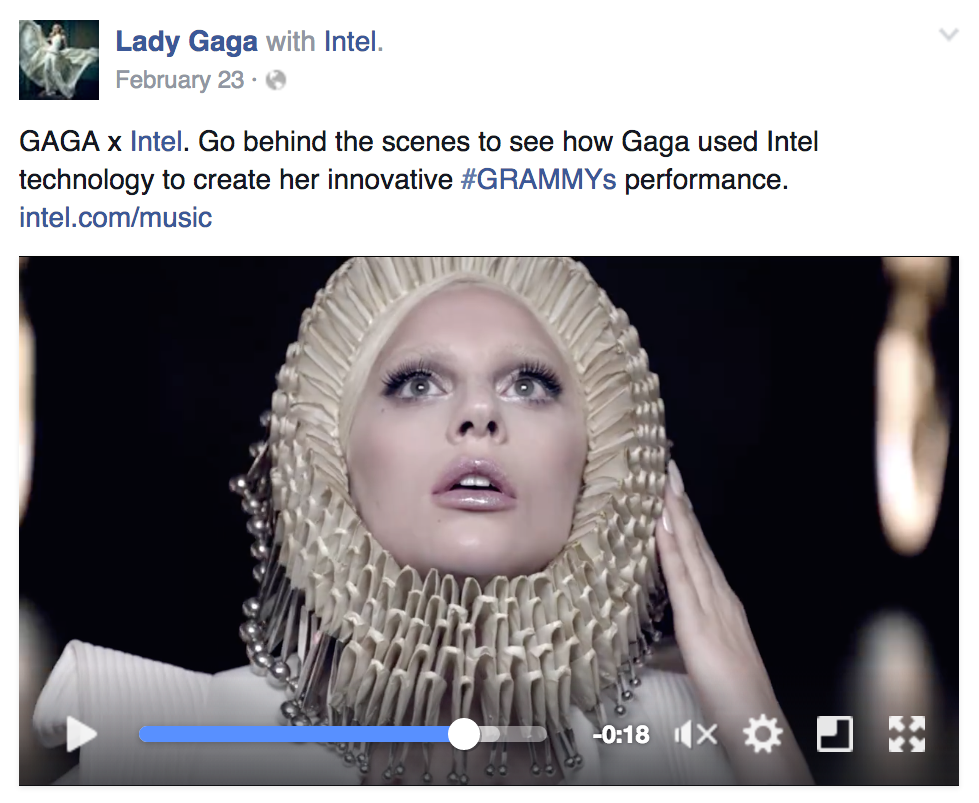Media companies, publishers, and marketers are now allowed to share branded content across Facebook, the social network said in an announcement released earlier today pertaining to its branded content policy. As native ads are now pretty much a permanent fixture in the media landscape, most especially online, this is very good news for brands and marketers.

Facebook defines branded content as any post — articles, photos, videos, etc. — that aims to promote a third-party brand or product. It’s an advertising and marketing practice typically employed by media companies, brands, and influencers, to connect with their audiences without overtly “selling” to them.
To go with the changes in Facebook’s policies is a new tool that lets publishers and influencers tag a marketer (i.e., the brand that’s being promoted) whenever they share promotional content across the network. This tool will also help brands and businesses to better monitor, understand, and fine-tune the performance of their marketing initiatives across Facebook by giving them insights and promotional control.
With Facebook’s updated branded content policy, expect to see more posts with marketing integrations like product placements, end cards, and marketer’s logos. It’s not going to be a free-for-all, though, as certain guidelines are still in place: overly-promotional features such as pre-roll ads and watermarks are prohibited. Cover photos and profile pics are also off-limits to third party branding and sponsorship.
So why is Facebook doing this? According to Nick Grudin, VP of Partnerships, and Clare Rubin, Product Manager:
“This update is something that media companies, public figures, influencers, and marketers have been asking for, as branded content is a growing and evolving part of the media landscape. People will now be connected to more of the content they care most about on Facebook as publishers and influencers gain an incentive to share more quality content — of all kinds — with their fans. We know that many of our partners have existing partnership deals with marketers, and this update gives them the ability to extend their branded content business onto Facebook.”
Branded content is not a new concept. In fact, it’s a tried-and-tested marketing technique that goes back to the earliest TV soap operas — called as such because a lot of them were sponsored by soap companies. Brands have long known that the best way to reach their audience, is right where they are. And right now? They’re mostly on Facebook.